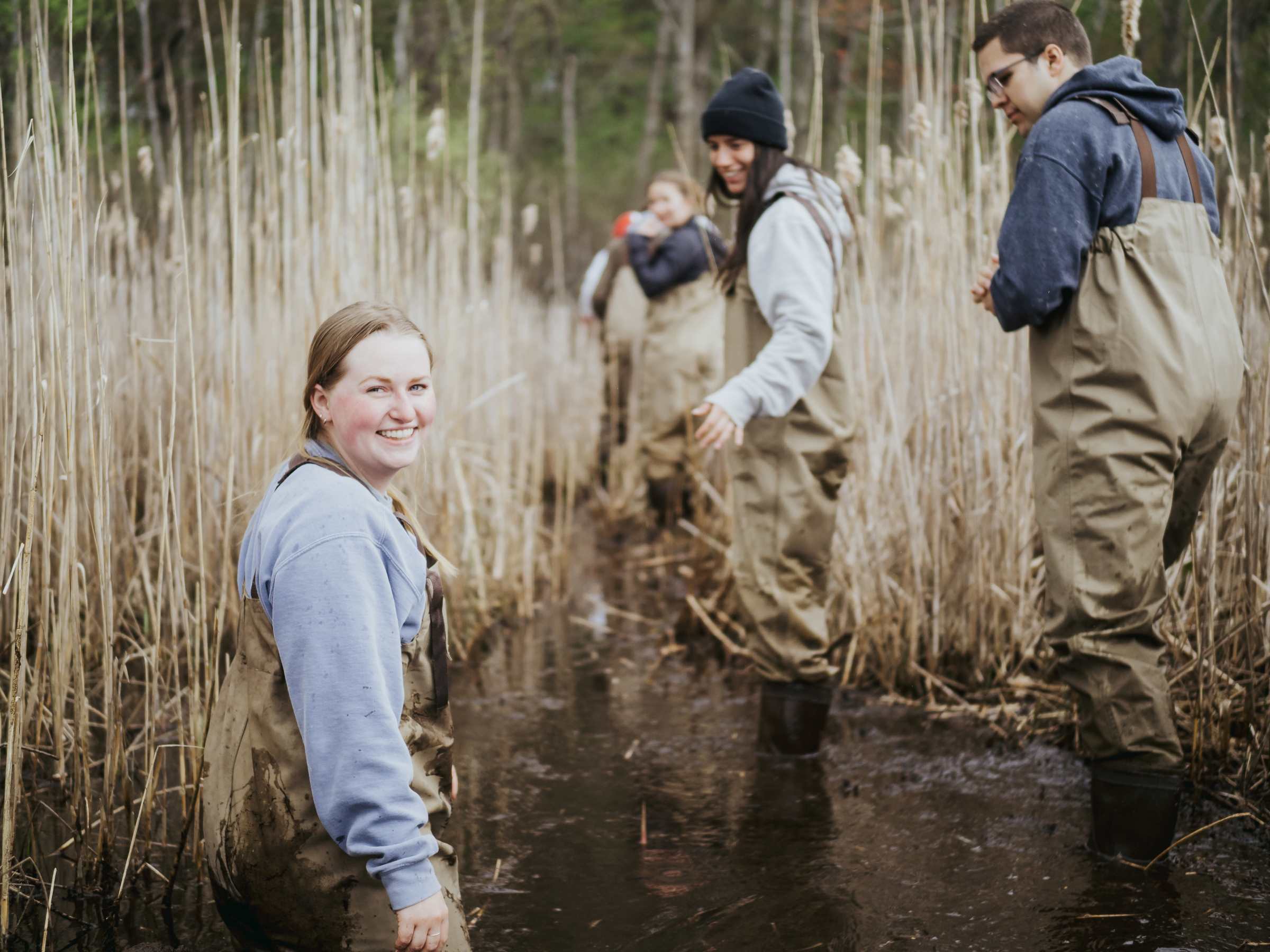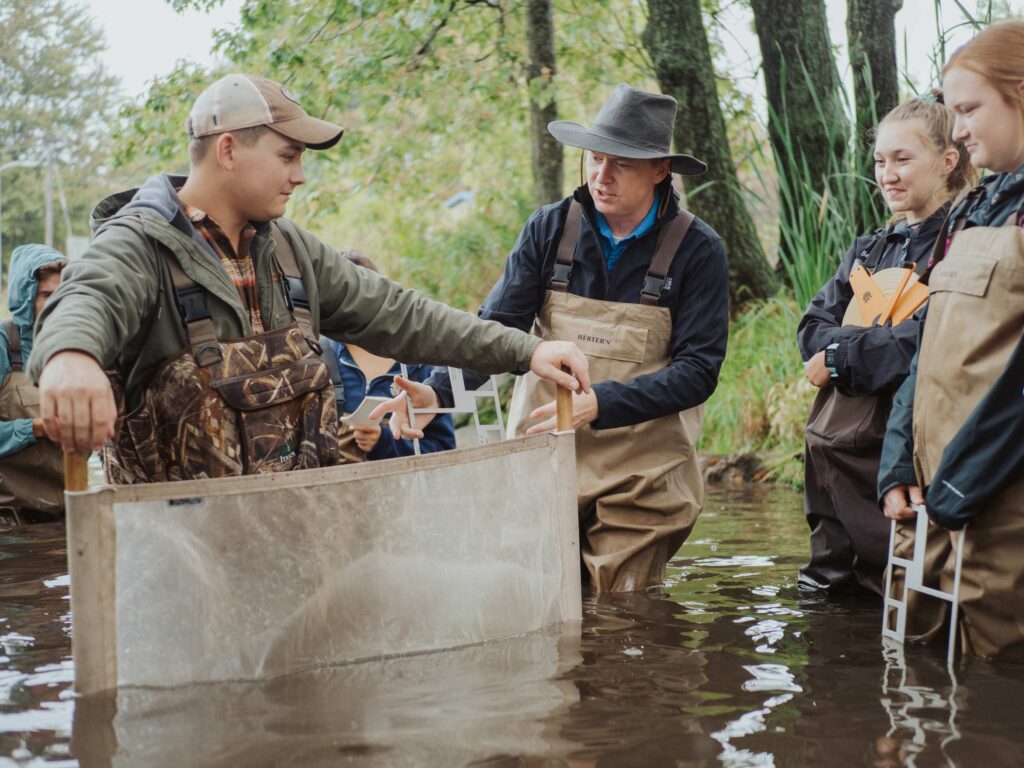Environmental Studies
If environmental biology sits on one side of the spectrum, then environmental studies sits on the other end. This degree focuses less on the technical aspects of the science and focuses more on the relationship aspects. This includes areas of politics, sociology, psychology, and business. Therefore, environmental studies programs often include interdisciplinary coursework — maybe a few classes from the business department, a class in the behavioral sciences, and a course or two in the humanities. By adding in these types of courses, we also pull out some of the more technical sciences mentioned above.
Students who pursue environmental studies usually feel a pull toward advocacy and nonprofit work. They want to use their knowledge and passion to influence people in how they think and act when it comes to the environment.
Finding the Right Fit for You
At Grace College, we offer all three degrees in order to prepare each of our students for the unique purpose God has given them to play a role in stewarding His Creation. We’ve seen our graduates go on to cover all areas of the spectrum of environmental science — from more technical, research-based roles to more people-focused careers. While there are many differences between environmental science vs environmental studies vs environmental biology, we see them all as a pathway for our students to lean into their passions.
Learn more about our environmental science program, and find out how you can get hands-on experience right here at Grace through our Lilly Center for Lakes and Streams.
Dr. Nate Bosch serves as the dean of the School of Science and Engineering, professor of environmental science, and director of the Lilly Center for Lakes & Streams at Grace College. He received his Ph.D. in 2007 from the University of Michigan in the field of limnology, the study of freshwater lakes and streams. He has more than 20 peer-reviewed publications spanning research in the Great Lakes to smaller inland lakes and streams.







